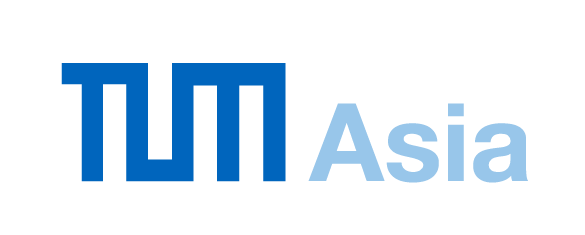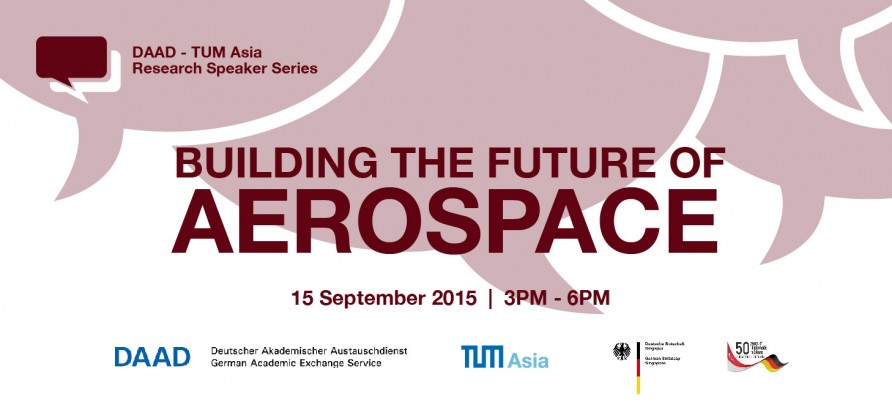The aviation industry is constantly evolving as new trends and technologies shape an ever-changing landscape. The industry is challenged to innovate, reassess their business functions and constantly adapt to changing consumer needs.
Over the years, the strong reputation of Singapore being a global air hub is not without the development of its maintenance, repair and overhaul (MRO), manufacturing and other aerospace-related services. The vibrant aerospace R&D landscape in Singapore allows companies to leverage industry-inclined research institutes and universities as well as a growing pool of research talent to enhance their manufacturing and MRO activities through innovation.
Can we draw concepts from nature to develop our aerospace systems? What new innovations and challenges are there in Engine Technology? The upcoming Speaker Series will address these questions.
Details of the Session
Date: 15 September 2015, Tuesday
Time: 3pm – 6pm (Refreshments will be served)
Venue: SIT@SP Building (510 Dover Road #05-01 Singapore 139660)
Fee: Complimentary
Who should attend?
Aerospace Engineering professionals, Aircraft Design Engineers, academics, researchers and students. Open to members of the public who work or study in related fields of Aerospace Engineering.


